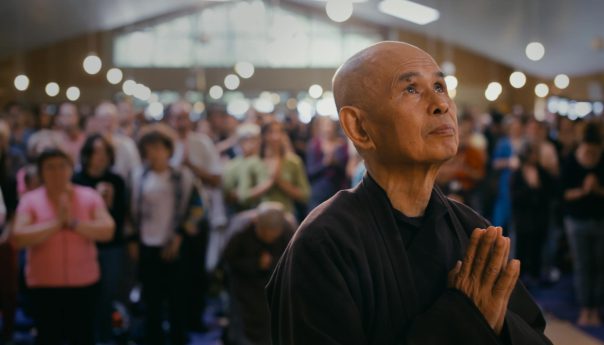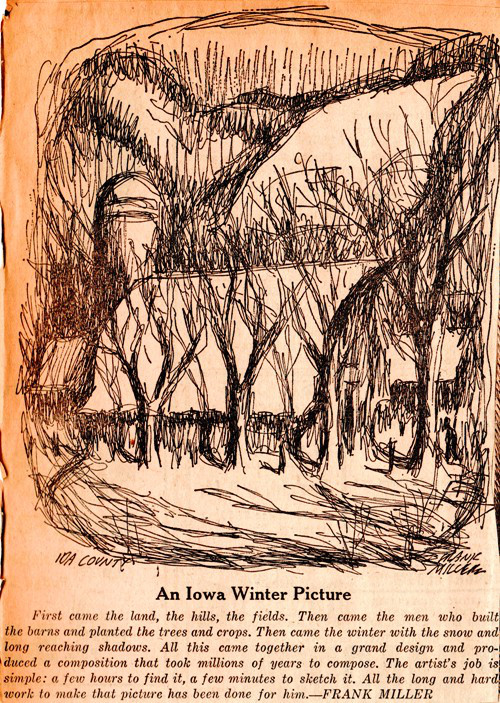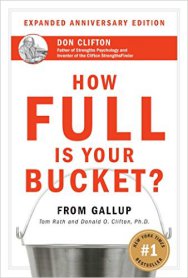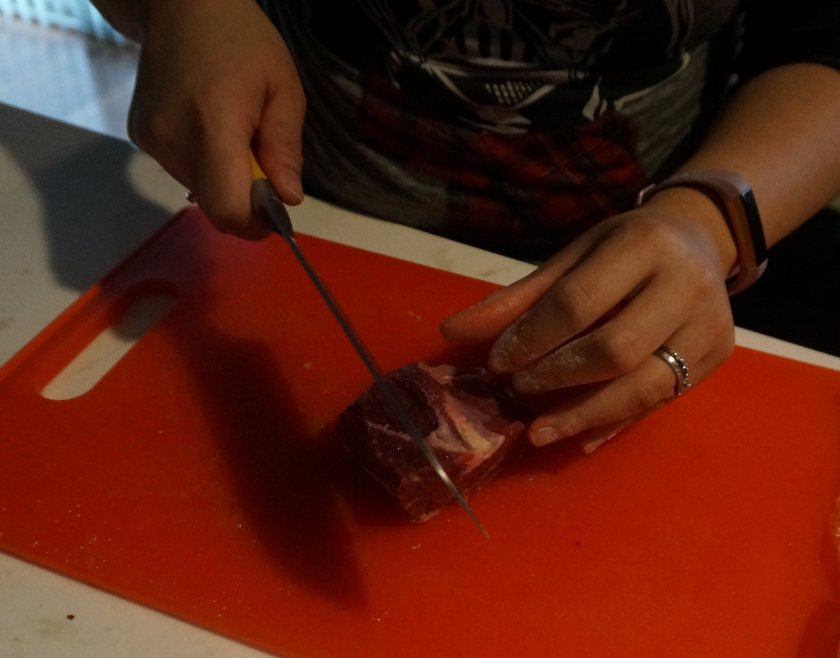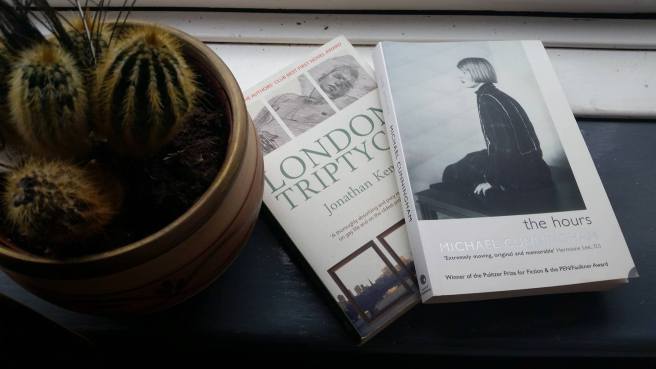
I was intending to do a review of ‘London Triptych’ a couple of months ago now, when I actually read it, but that intention sort of got lost in exams, the end of term, rereading Harry Potter, and going on holiday. But this week I read a book that’s been on my shelf for a while called ‘The Hours’, and both novels are made up of three separate stories linked by two separate iconic authors – Oscar Wilde and Virginia Woolf, so it seemed like I could in some way put them together in one review. It took me a while to decide what to name this post as 6, 8, and 10 lives would be accurate. 6 for the two triptychs of main character that inhabit these novels, 8 for the two literary figures that haunt these novels, and 10 for the two men that wrote these novels – I think I’ll leave it at 8 for now as I won’t be discussing the two authors in much detail.
‘London Triptych’ has three male protagonists whom the stories are woven around: Jack rose, a late 19th Century rent boy who attracts the attention of a certain writer, Colin Read in the 1950s, a shy artist who tentatively explores his sexuality with the help of his life model, and David in the 90s, who in prison writes to a lover who betrayed him. The three stories are re-tellings of Wilde’s great master pieces: ‘The Picture of Dorian Gray’, ‘De Profundis’, and his own life. Colin Read’s narrative I feel mirrors the relationship between Basil Halward and Dorian in ‘The Picture of Dorian Gray’, both artists worship their models and feel that their art work is profoundly changed by the influence of the model. David’s letter to a lover from prison is overtly a retelling of Wilde’s ‘De Profundis’, a letter he wrote to his lover Bosie from Reading Gaol, when he wasn’t allowed to write prose but could get around this restriction by putting everything in the form of a letter. One hundred years later David expresses the same heartbreak, loss, and love that Wilde expressed in his accusatory yet forgiving tone. Jack Rose’s narrative is a retelling of Wilde’s life, or to be more accurate his nightlife, with scandalous sections involving Victorian drag balls and gay rituals – how much of the character that Kemp creates of Wilde in these sections is based on fact is difficult to tell.
Kemp makes a character out of his muse as does Cunnigham in ‘The Hours’. Cunnigham does it more explicitly with one of the three narrative focusing on Virginia herself, who is in the process of writing her novel ‘Mrs Dalloway’. As in the novel Woolf wrote the narrative all take place on a single day in June. Woolf starts her novel and almost runs away from her husband in the space of the day. Laura Brown, a 1940s Los Angeles housewife, yearns to escape her life, her day, which happens to be her husband’s birthday, just to go read her book (‘Mrs Dalloway’). And finally Clarissa Vaughan, nicknamed Mrs Dalloway by her friend Richard who is dying from AIDS related complications steps out of her apartment to buy flowers for a party, thrown for a literary award Richard has won. As Kemp recast Wilde’s life and works, Cunnigham’s focus is more pointed towards a singular novel which takes place on a singular day. Although I didn’t aim to compare the two works in a critical way, I will, the singular focus makes Cunnigham’s novel more effective. The three days which the three women live feel both as long as a life time and as fleeting as a breath of air. His novel leaves you feeling unresolved but also gives you such insight into the minds of these women that you feel as though you have been given the tools to construct the rest of their life after this day perfectly once the book is closed.
Both books deal with themes of subversion, freedom, queer identity, escapism, and literature. They move across decades to intertwine narratives from three different voices – and in both novels these three voices are linked by two voices, that of the author and that of the writers that inspired these authors.
Overall rating:
London Triptych: 3.5/5
The Hours: 4.5/5
Advertisements Share this:


